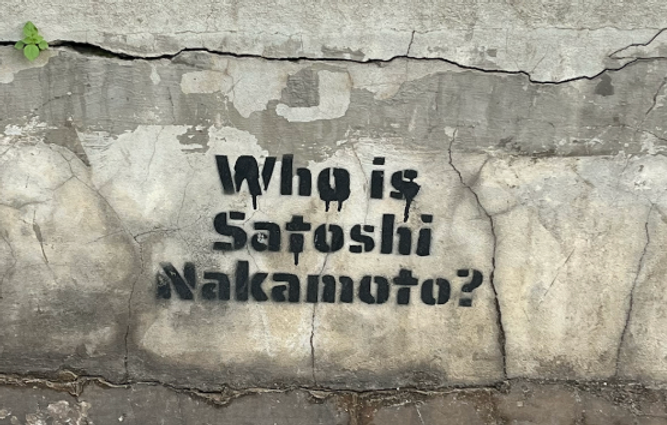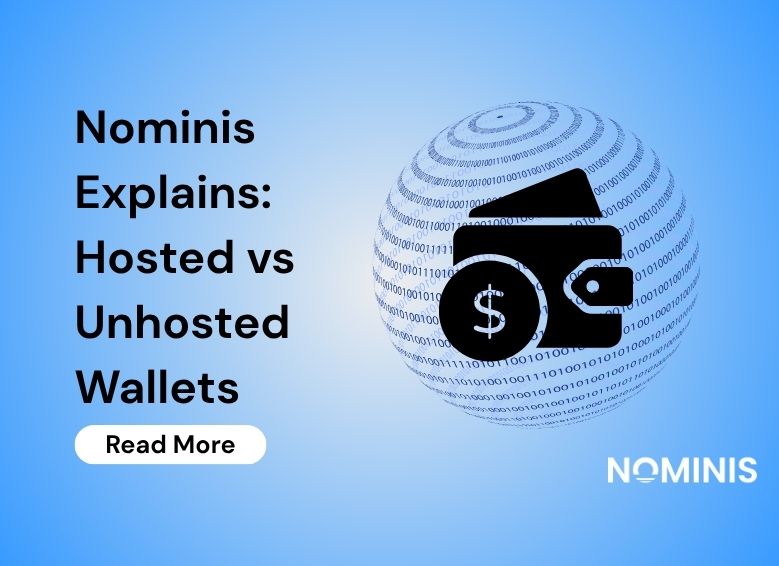Who created Bitcoin?
The identity of Satoshi Nakamoto, the creator of Bitcoin, remains unknown. It is unclear whether the figure is an alias for a group, which masterminded this groundbreaking technology or whether all credit is due to one individual. Satoshi Nakamoto’s anonymity and disappearance from the world is vital to Bitcoin’s essence.

In 2008, Satoshi Nakamoto authored and published a whitepaper titled "Bitcoin: A Peer-to-Peer Electronic Cash System," introducing a disruptive and revolutionary network protocol. Bitcoin is a peer-to-peer version of electronic cash that authorizes online payments to be sent directly from one party to another without having to rely on a financial institution. It is the first form of crypto-currency and provides individuals with the opportunity and ability to truly take full control of their wealth.
There is something to be said about Bitcoin’s scarcity, the fact that there will only ever be a total of twenty-one million bitcoin created and distributed in the world. It is truly finite, often referred to as digital gold, ensuring its store of value, which many have come to use as a hedge against inflation. Throughout history, inflation has always been one of if not the most damaging causes of currency debasement.
Governmental Economics
Governments with overspending problems have almost always turned to money-printing as a solution, and by increasing the money supply they in turn devalue their country’s currency. We can look back to 1930's Germany, or Venezuela today as prime examples of hyper-inflation. Even you may have noticed the rising cost of living.
Over time, everyday citizens of any given country will face the repercussions of their government's budgetary mismanagement due to their capability of printing fiat with no checks and balances. Unless something fundemental changes.
In times of uncertainty and instability in the world, Bitcoin gives individuals an offramp from inflated traditional fiat currencies, central financial authorities, and other third-parties. It allows them to explore an unprecedented alternative to manage their finances without the concern of currency debasement.
Nakamoto’s Vision
No one has heard from Satoshi Nakamoto since their disappearance in 2010, leaving approximately 1.1 million Bitcoins locked away, believed to be stored in around 22,000 wallets. Bitcoin was born in 2008, created to solve the debt crisis and defy economic depressions that fiat currencies have caused throughout history. Unleashing the Internet by giving people around the world the ability to escape their country’s economic fragility and save their money in an absolutely finite and deflationary currency.
“Commerce on the Internet has become almost exclusively reliant on financial institutions serving as trusted third parties to process electronic payments… What is needed is an electronic payment system based on cryptographic proof instead of trust, allowing any two willing parties to transact directly with each other without the need for a trusted third party.”
- Satoshi Nakamoto, Whitepaper (2008)
Bitcoin's pros and cons
There are several risks associated with Bitcoin such as anonymous transactions being made by illicit actors that do not comply with the rules and regulations of traditional financial institutions. This poses new challenges concerning the enforcement of compliance by regulatory authorities, who previously built processes based on TradFi systems. As a decentralized system, bitcoin and blockchain technology require a different approach to financial compliance.
While this has given rise to hackers and malicious actors circumventing the laws in place, threat intelligence companies such as Nominis are creating a safer, more compliant experience for traders within the crypto space.
Bitcoin should also be understood as a censorship resistant internet protocol that does not discriminate between age, race, gender, or religion, in other words it does not favor some over others. Unlike stock exchanges, Bitcoin transactions are possible at all times, and anywhere across the globe. Powered by blockchain technology, the entire Bitcoin blockchain is recorded on a public ledger available for the world to see and audit.
FAQs
Q: What is the difference between crypto cold wallets and hot wallets?
Examples of crypto cold wallets are hardware or paper wallets, which ensure your private keys remain offline and disconnected from the internet. On the other hand, hot wallets are online applications or software that provide easy access to your funds, though they are less secure since they are connected to the internet.
Q: Can Bitcoin be divided?
Like dollars are divisible into cents, a Bitcoin can be divisible into satoshis. There are 100 million satoshis in one bitcoin.
Q: Do you have to pay tax on Bitcoin?
If you’re holding crypto, there is no immediate, therefore the crypto will not be taxed. Only when you sell the asset and receive cash or other units of another cryptocurrency, thereby ‘realising’ the gains, tax is incurred.
Q: How to buy Bitcoin?
Bitcoin can be bought and traded on crypto exchanges such as Kraken, Coinbase, and Binance, depending on your location and other factors.





.png)
